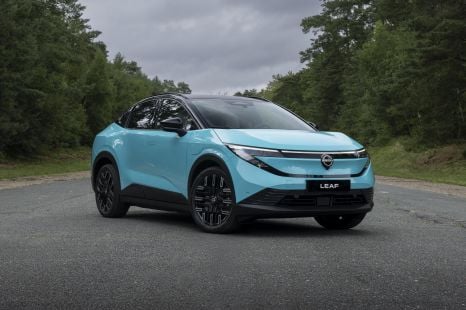

Shane O'Donoghue
2026 Nissan Leaf review: Quick drive
5 Days Ago

News Editor
Renault has teased its first Geely-based model, which will be produced in South Korea and use hybrid powertrains.
The French automaker has published a shadowy image of a rakish coupe crossover ahead of its 2024 introduction.
It says it’ll launch an all-new line-up of hybrid models in the D-segment “based on the latest Geely-Volvo technologies for both local and export markets starting 2024”.
Chinese carmaker Geely has a controlling interest in Volvo, its EV spinoff Polestar, LEVC (producer of London’s iconic black taxi cabs), Lotus, and Proton.
It acquired a third of Renault Korea Motors earlier this year and, though the latter will use underpinnings supplied by the former, the Franco-Korean division intends to invest more than €900 million (A$1.39bn) over the next six years.
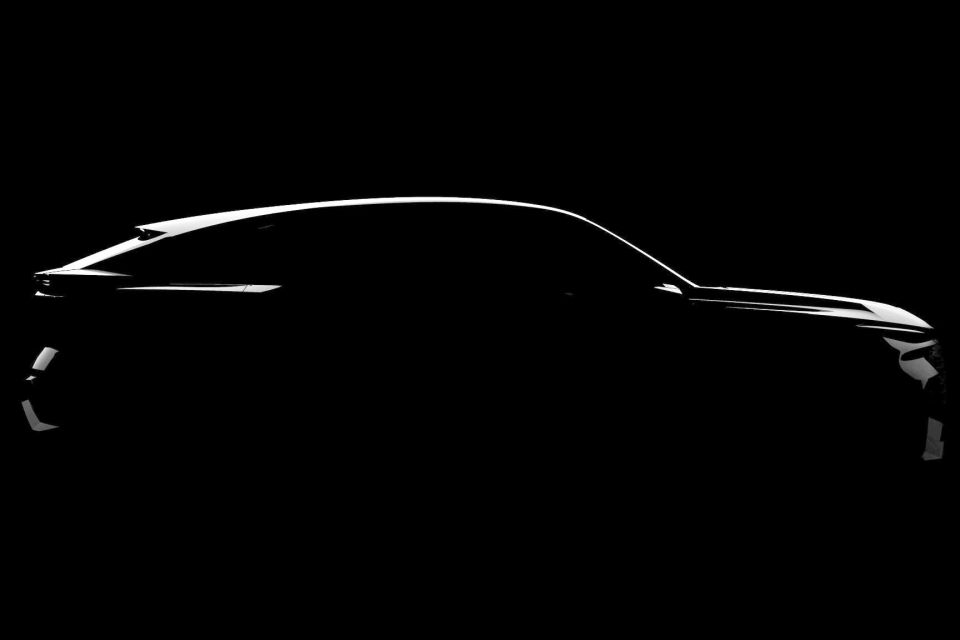
This investment will focus on software, connectivity, electrification and “competitive localization”.
“This vehicle will be designed, developed & produced in South Korea,” said Renault Korea Motors of the new crossover.
“It will carry the brand’s ambitions through a breakthrough, modern and attractive style that will then be extended to the entire range.”
It’s also promising “premium features” and “industry-leading technology”, touting the availability of new connectivity or sales services every six months.
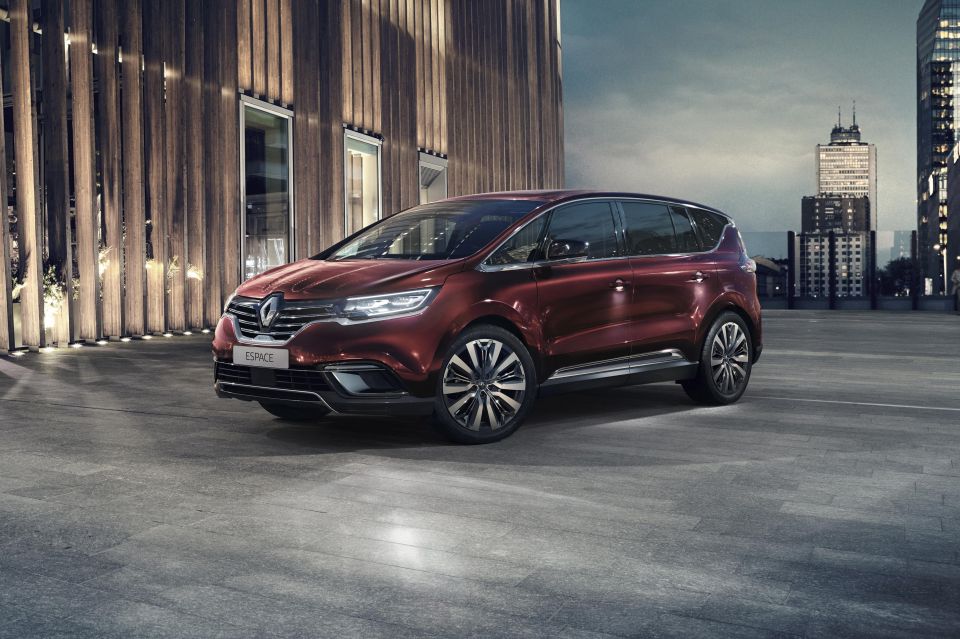
Renault had been expected to use the Compact Modular Architecture underpinning the likes of the Volvo C40 and XC40 and much of the Lynk & Co range, however it says the new coupe crossover is “based on a new platform” – whether it means new, or simply new for Renault, is unclear.
In referring to it as a D-segment offering, Renault appears to be suggesting it’ll be sized similarly to the likes of a Skoda Kodiaq or Kia Sorento.
Renault’s current flagship is the fifth-generation Espace, launched in 2015, which is sized similarly to a Sorento but which blurs the lines between traditional people movers like past Espaces and more trendy crossovers.
It’s rumoured to be on the chopping block along with other lower-volume Renault models like the Talisman and Scenic, which opens the door for a new flagship Renault.
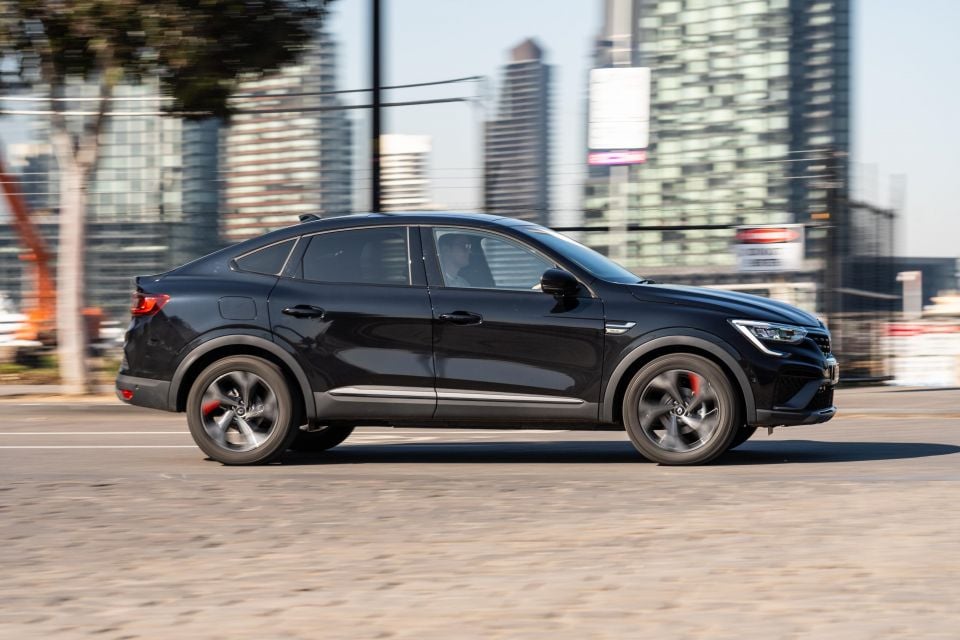
Renault is committing to its Korean operation, Renault Korea Motors, and says its Busan plant in South Korea is an important asset.
It produces not only vehicles for the domestic market but exports vehicles like the Koleos and Arkana to Australia and Europe.
The Korean domestic market is dominated by the Hyundai Motor Group, with Hyundai, Kia and Genesis the three best-selling brands there last year.
Renault Korea Motors, SsangYong and GM Korea sit considerably further back, though all export vehicles to various global markets.
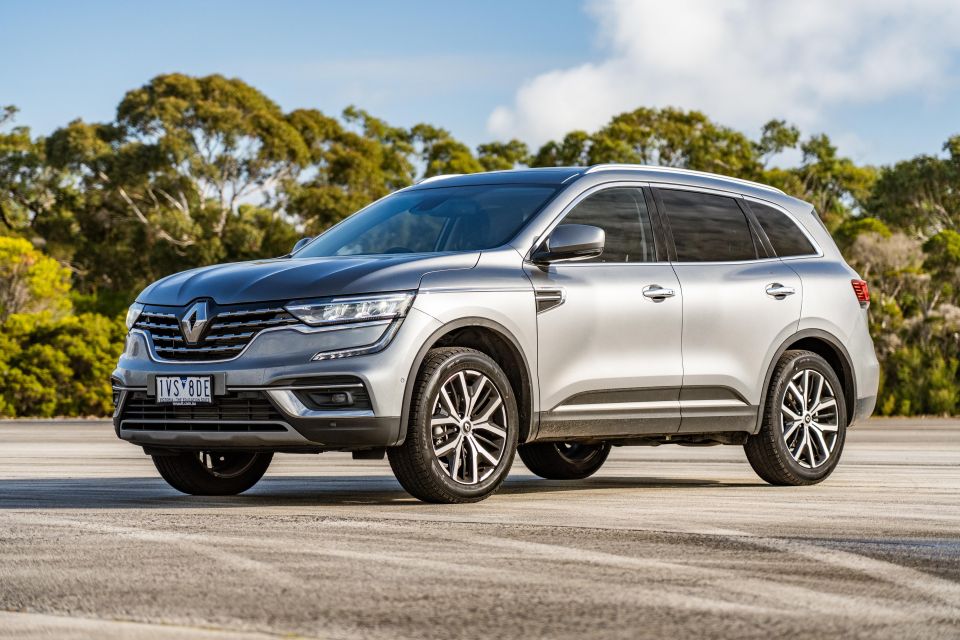
The Renault brand has committed to going all-electric in Europe from 2030, which likely means its development budget for future ICE vehicles will be concentrated on the cut-price Dacia brand, thus necessitating a partner.
Geely could be purchasing more from Renault, with reports earlier this year indicating it will buy 40 per cent of the Renault Group’s engine-making division as the French automaker plans to separate itself into separate electric and internal-combustion vehicle divisions.
Another 20 per cent will reportedly be sold to an unnamed oil company.
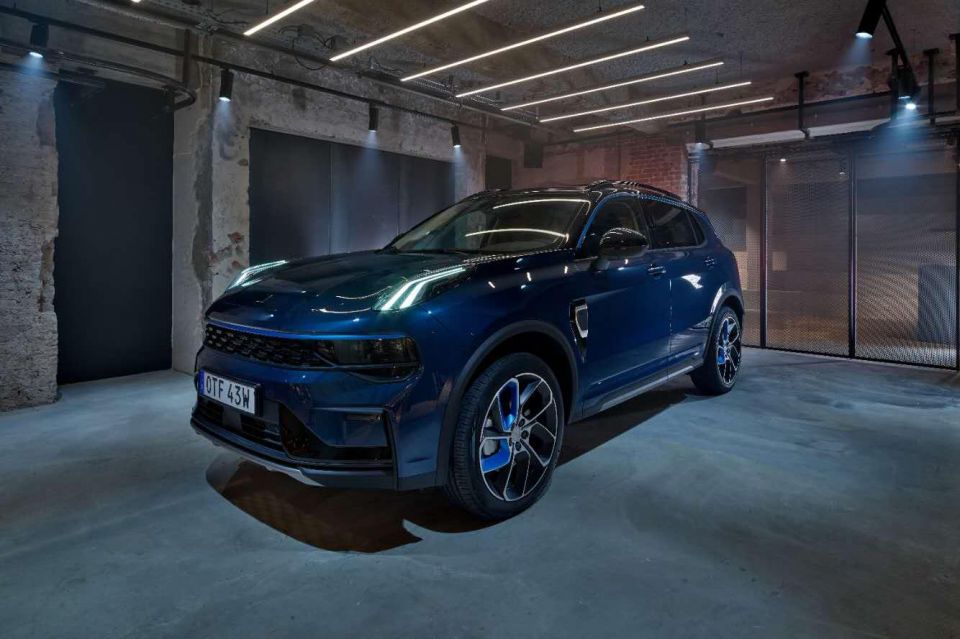
This isn’t the first collaboration between Renault and Geely, with the two automakers announcing a joint venture in China in 2021 that will see Geely engineer and produce Renault-branded vehicles.
Renault will in turn market and sell the vehicles. The company’s last Chinese joint-venture, Dongfeng Renault, was dissolved in 2020 due to slow sales.
Beyond shoring up its Korean market presence, Geely’s partial acquisition of Renault Korea Motors will give it a way to export cars to the US without attracting tariffs thanks to the free trade agreement between South Korea and the US.
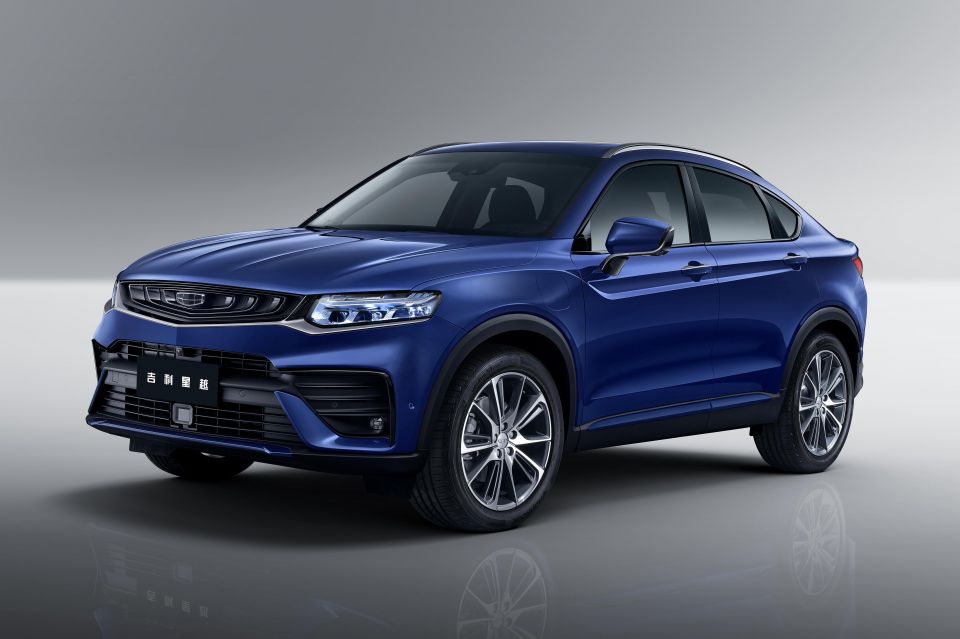
Currently, there are no Chinese brands selling cars in the US market, unless you count Chinese-owned brands like Volvo and Polestar.
Chery, Great Wall Motor and Zotye’s plans to export cars there fizzled, while even Geely itself announced back in the 2000s it would launch there.
It never did, and the only Chinese-made cars sold in the US have ended up being from non-Chinese brands – the Buick Envision and Volvo S90, for example.
Where expert car reviews meet expert car buying – CarExpert gives you trusted advice, personalised service and real savings on your next new car.
William Stopford is an automotive journalist based in Brisbane, Australia. William is a Business/Journalism graduate from the Queensland University of Technology who loves to travel, briefly lived in the US, and has a particular interest in the American car industry.


Shane O'Donoghue
5 Days Ago
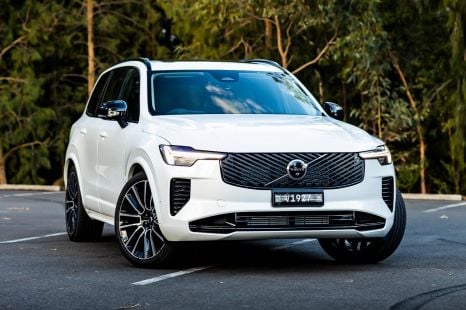

Matt Campbell
4 Days Ago
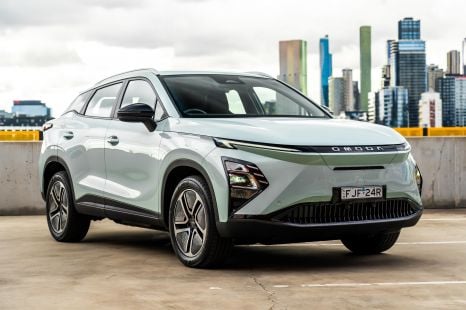

James Wong
3 Days Ago
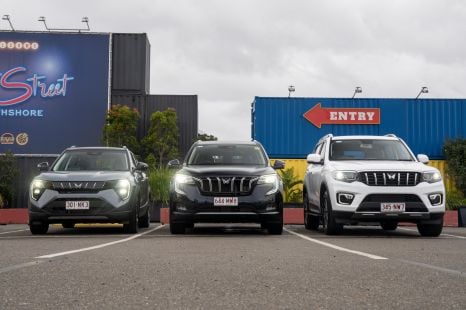

CarExpert.com.au
2 Days Ago
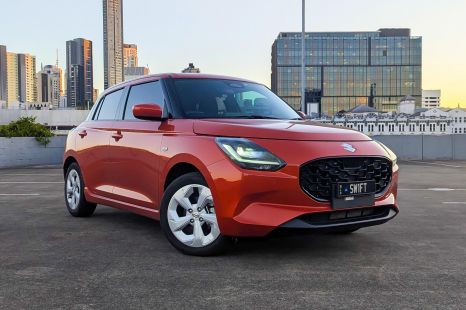

William Stopford
2 Days Ago
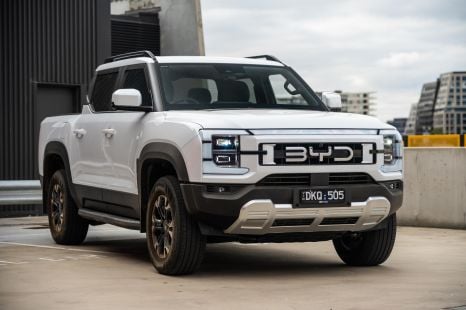

Max Davies
19 Hours Ago